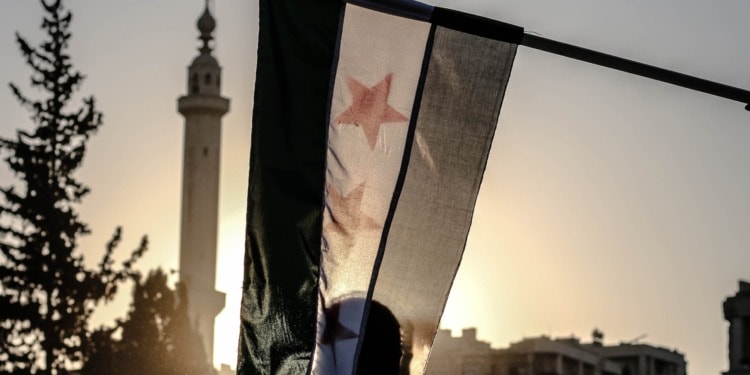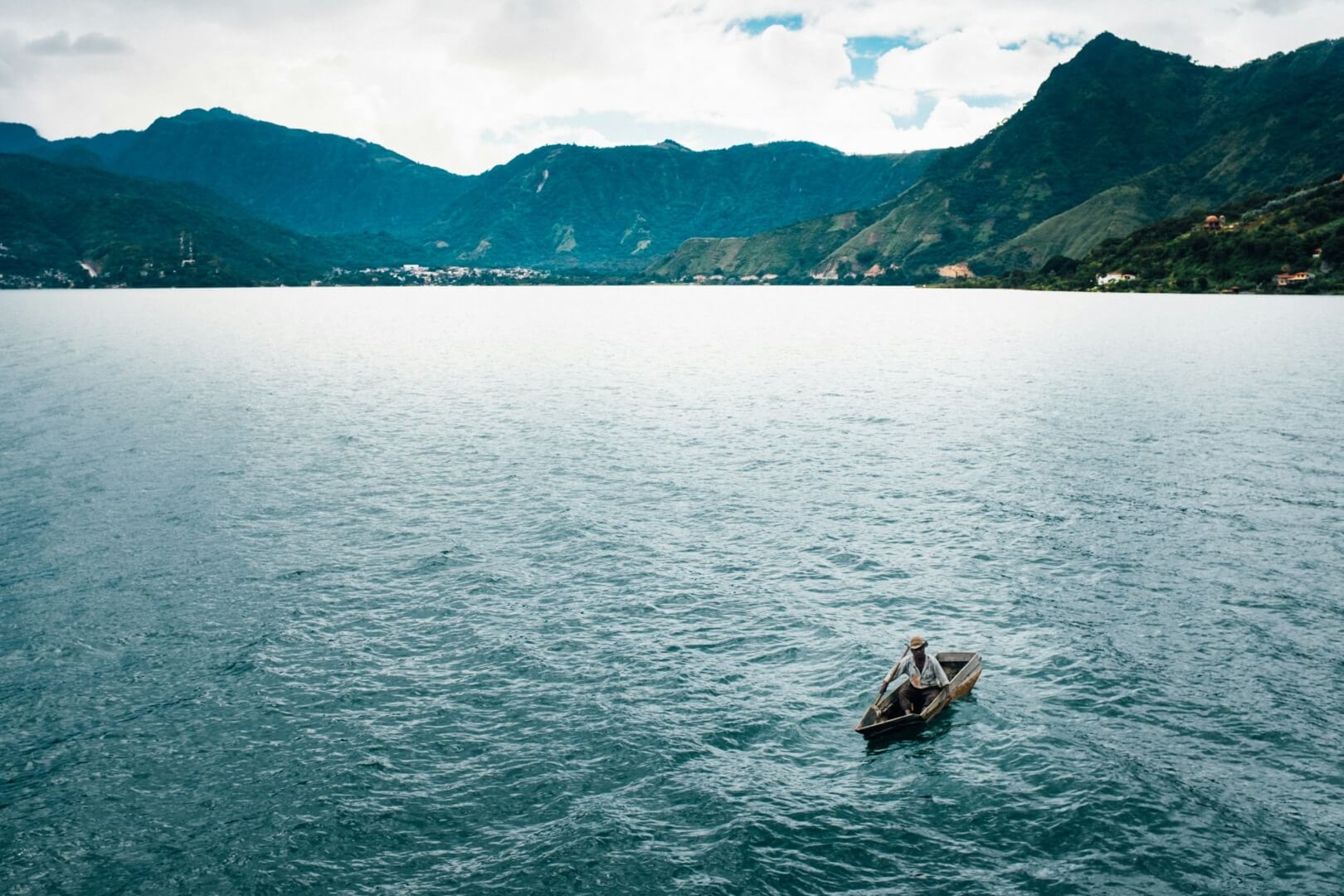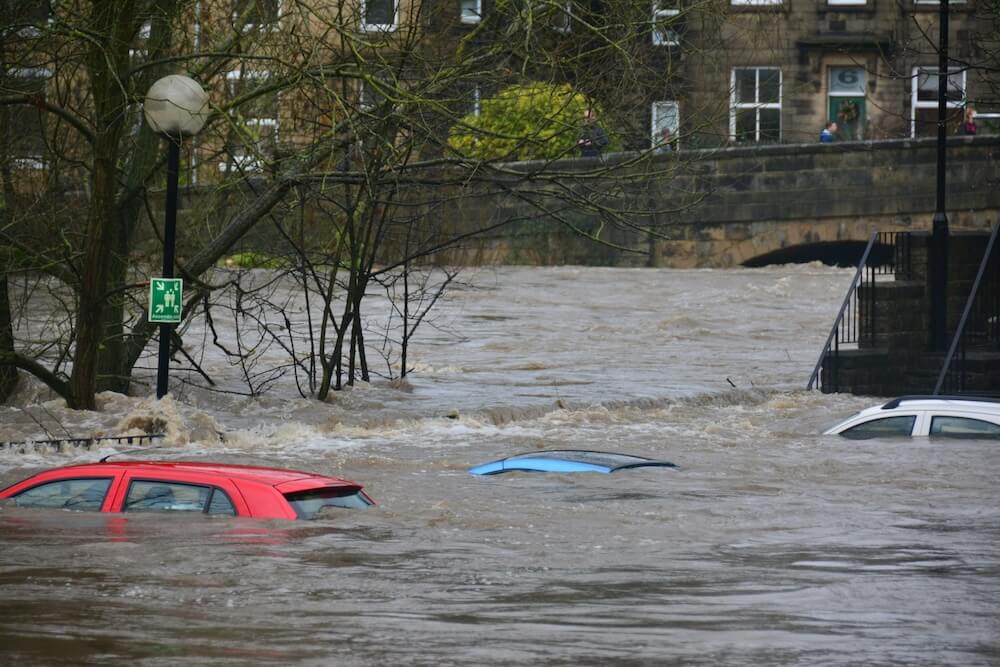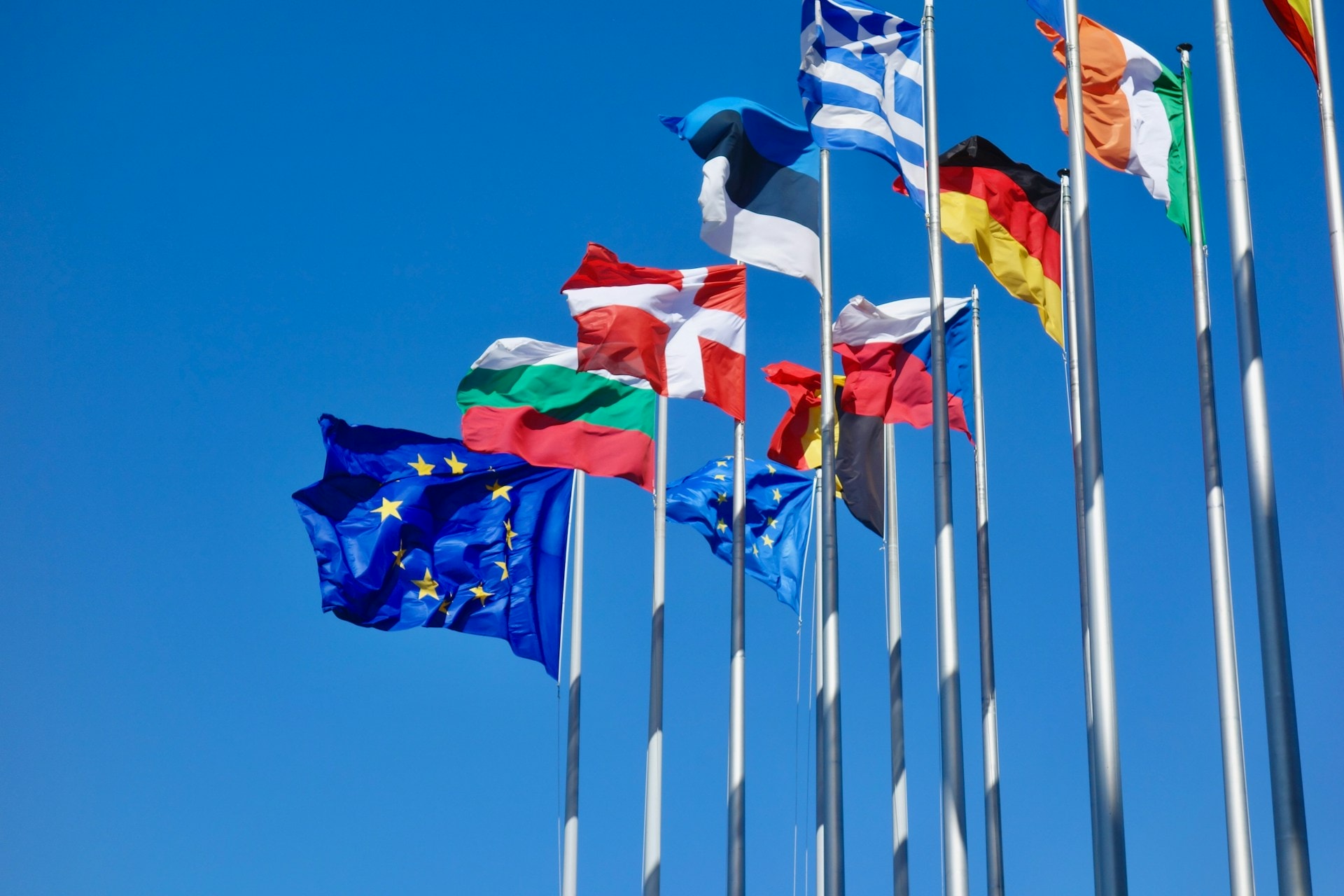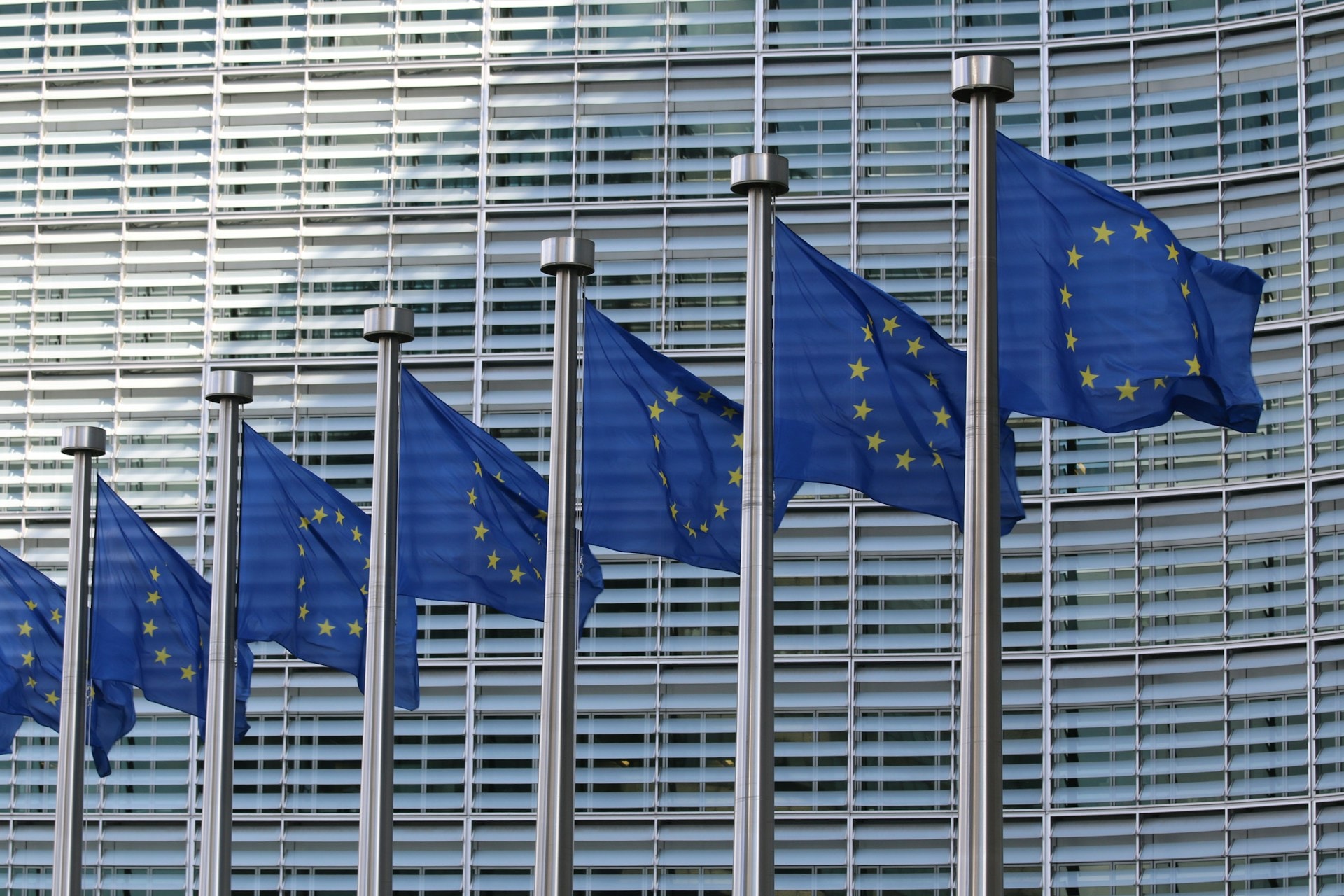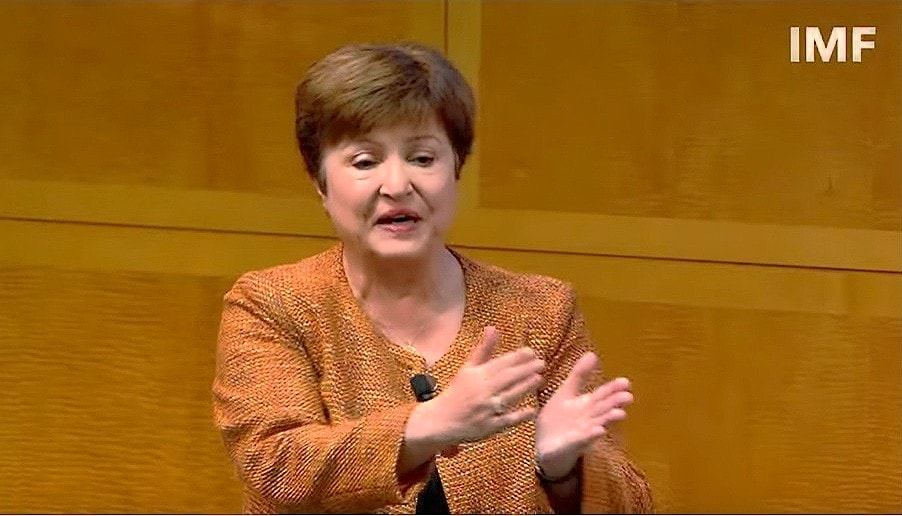Both Türkiye and Syria are currently suffering from the immense damage caused by the two earthquakes that occurred on Monday, February 6. The death toll has already passed 23,000 people across the two countries, however the number is increasing rapidly as more bodies are being discovered.
Turkey-Syria Earthquake Update: The total death toll across the two countries has surpassed 23,000. Thousands remain unaccounted for in the ravaged areas. Take a look at this aerial view of Antakya, Turkey:pic.twitter.com/SrxNcX4tM6
— Steve Hanke (@steve_hanke) February 10, 2023
Unlike Türkiye, which is receiving enormous amounts of help from the aid sector, Syria is unable to receive much of the support that is available, no matter how much money is donated.
One key issue complicating the dispersal of aid is “the war and the way the aid response is split between rebel areas and Damascus,” explains Aron Lund, a fellow with New York-based think tank Century International who researches Syria.
Other complications arise from the sanctions imposed on the country by the US.
Since the uprising against the Syrian regime began in 2011, “the U.S. government has intensely pursued calibrated sanctions to deprive the regime of the resources it needs to continue violence against civilians and to pressure the Syrian regime to allow for a democratic transition as the Syrian people demand,” writes the American Department of State.
Although these sanctions have been put in place in an attempt to protect the people of Syria from acts of terrorism and human rights abuses, they make importing anything into the country everlastingly difficult, even in cases of emergency.
This in turn makes innocent civilians suffer, whilst the elites who were committing these abuses in the first place rarely feel the effects of sanctions.
The UN has reported that in 2022, 90% of Syrians lived below the poverty line as they have limited access to food and water – because of the sanctions that are seemingly causing a lot more harm than good.
In November, UN Human Rights expert Alena Douhan called for the immediate lifting of the “suffocating” sanctions.
🇸🇾#Syria: UN expert @AlenaDouhan calls for the immediate lifting of unilateral sanctions that are perpetuating & exacerbating the trauma suffered by the Syrian people since 2011.
👉https://t.co/sgutKnEEeU pic.twitter.com/leyOY0kL9p
— UN Special Procedures (@UN_SPExperts) November 10, 2022
“I am struck by the pervasiveness of the human rights and humanitarian impact of the unilateral coercive measures imposed on Syria, and the total economic and financial isolation of a country whose people are struggling to rebuild a life with dignity”, said Douhan.
Another call for the lifting of sanctions: At a press conference Tuesday in Damascus, Syrian Arab Red Crescent head Khaled Hboubati called for the European Union (EU) to lift its sanctions on Syria in light of the massive destruction caused by the earthquake, saying his group is “ready to deliver relief aid to all regions of Syria, including areas not under government control.”
The government of Bashar Assad in Damascus, Syria’s capital, is still an outcast from the US and European Union countries, who have made it clear that the earthquake will not change that relationship.
So far, the US and its allies have resisted attempts at creating a political opening by way of the disaster response. US State Department spokesman Ned Price told reporters on Monday that it would be “ironic, if not even counterproductive, for us to reach out to a government that has brutalized its people over the course of a dozen years now.”
In an interview for Al Mayadeen, Syrian Foreign Minister Faisal Mekdad commented on the consequences of these sanctions on attempts to relieve Syrian citizens from the earthquake, explaining that they’re prohibiting Syria from “accessing anything, including medicine.”
“The sanctions on Syria made the disaster all the worse…The state is following up on the mobilisation of aid domestically and abroad, and President Bashar Al-Assad requested that all the state’s capabilities be employed in search and rescue operations,” Mekdad said, adding that aid does not need a request and bureaucracy as “humanitarian aid is not subject to sanctions in accordance with international laws.”
“[S]o this is not an excuse,” the Syrian diplomacy chief added.
The diplomat has also sent direct messages to Biden suggesting that Syria reopened its borders to allow aid to get to victims in the time of conflict, hinting at the fact that the sanctions, in this scenario, shouldn’t get in the way of helping those in need.
Related Articles: Trump’s Sanctions Legacy — Ineffective, Illegal and Cruel | Despite Sanctions, Russia Is Not Isolated | How US Sanctions Are Hindering Sustainable Development
Syria and its people have already suffered from 12 years of conflict, and now even the roads leading into the country are blocked due to the earthquake, adding yet another hurdle for aid distribution.
Not only do the US sanctions imposed on Syria impact the mobilization and delivery of aid, but the majority of northern Syria, which borders Türkiye – where the aid would have to travel through – is controlled by terrorist groups such as Hay’at Tahrir al-Sham (HTS). This makes travel of any kind onerous, to say the least.
Syria’s northwestern region is divided into land controlled by Türkiye, and land controlled by the rebel group HTS, known to have ties with al-Qaeda. The country’s northeast, on the other hand, is mostly controlled by US-backed Kurdish groups.
Over the past years, aid has been making its way into Syria through the northwestern region, coming from southeastern Türkiye.
However, this area of Türkiye has been drastically hit by the earthquake and cannot currently be used as a bridge into Syria. As a result, Türkiye has received enormous amounts of aid in comparison to Syria.
https://twitter.com/jamal96z/status/1622753815983267842?s=20&t=0ZXhs1qf7S45HLropITkbg
Many of the homes destroyed in the Earthquake belonged to refugees living in camps whose houses have already been destroyed in the war.
Although it appears unfair that Türkiye has received so much more support in comparison, clearing the roads on the Turkish side of the Earthquake may be the only way to get help into Syria, until lifting or altering the sanctions becomes a possibility.
Editor’s Note: The opinions expressed here by the authors are their own, not those of Impakter.com — In the Featured Photo: Syrian flag next to a mosque. Featured Photo Credit: Ahmed Akacha.


